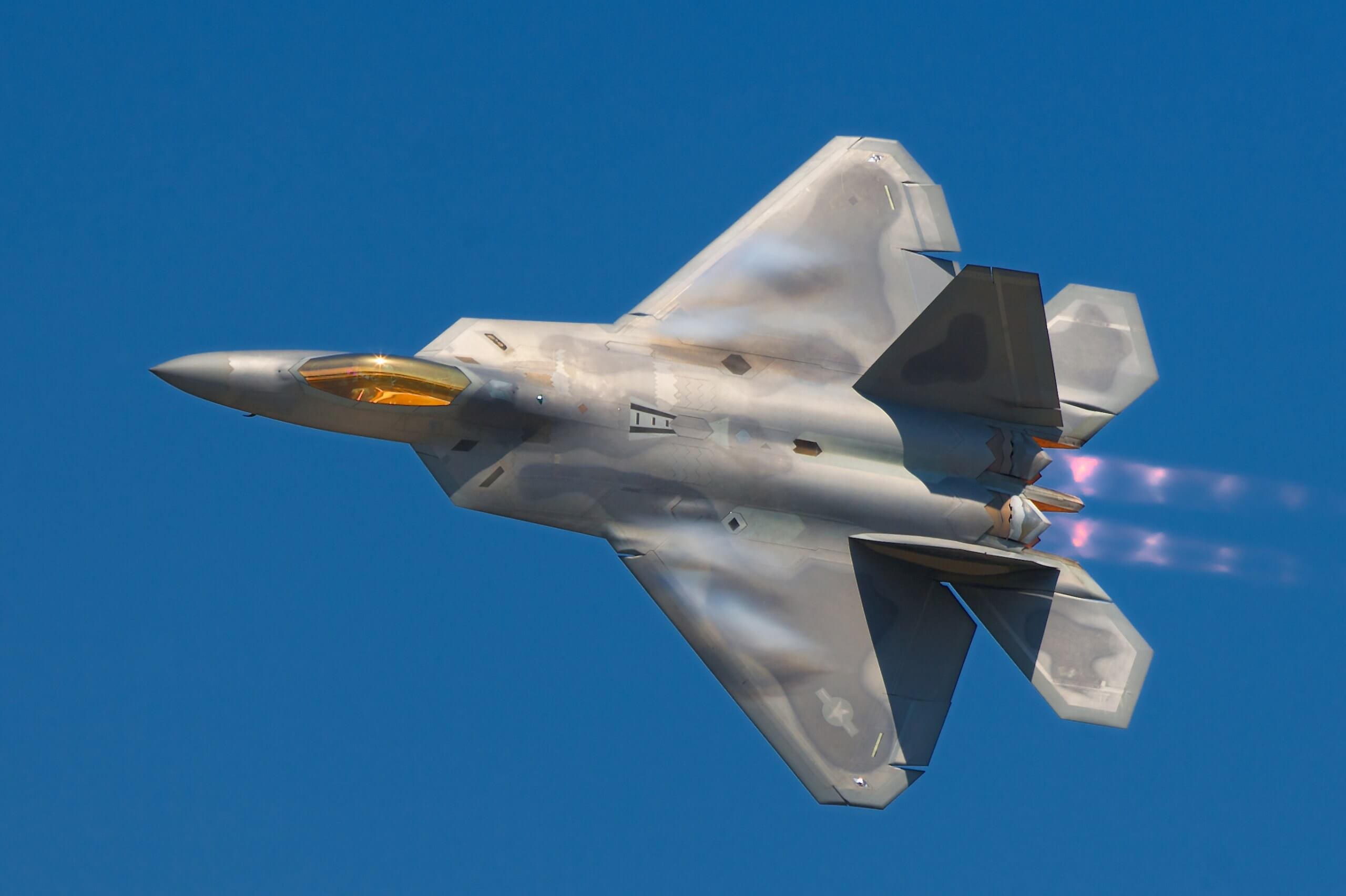In a nutshell: Engineers with the US Air Force are developing an autonomous drone with a sophisticated AI that will hopefully be able to best fighter pilots in combat. The researchers plan to run a human-vs-AI test in July 2021.
The USAF started an AI-drone project in 2018. The goal was to implement machine learning in a less sophisticated craft like the F-16 within 18 months. If successful, newer fighters such as the F-32 or F-22 would eventually be outfitted. The prototype is far enough along now, two years later, that it's almost ready for a combat test.
Dr. Steve Rogers, who heads the Air Force Research Laboratory (AFRL) project, told Inside Defense in 2018 that machine learning allows an AI system to have multiple lifetimes of training --- something that is impossible with human pilots.
"Our human pilots, the really good ones, have a couple thousand hours of experience," said Rogers. "What happens if I can augment their ability with a system that can have literally millions of hours of training time? ... How can I make myself a tactical autopilot, so in an air-to-air fight, this system could help make decisions on a timeline that humans can't even begin to think about?"
The project is classified, so not much is known about the details, but there are some assumptions we can make. For example, the AI craft probably won't be fully autonomous during the mock battle. After all, the prototype is likely worth tens or even hundreds of millions of dollars. So it will probably be backed up by a human operator remotely. This assumption is partially reinforced by the feelings of Lieutenant General John Shanahan.
Shanahan, who heads up the Pentagon's Joint Artificial Intelligence Center, briefly discussed the project with the Mitchell Institute for Aerospace Studies last week (interview above). The General explained that fully autonomous vehicles are still in their infancy. As such, they cannot yet be fully trusted to operate flawlessly, whether that be on the road or in the air. However, he adds that the AFRL's research can and should be aided by the advancements made in the autonomous car industry.
"There is no level four, fully autonomous vehicle out on the roads today," said Shanahan. "On the other hand, that's a decade worth of experience we should be pulling into the military because they've learned so much."
Despite having to take necessary precautions to protect assets, General Shanahan is confident that the AFRL's AI will win the dogfight.
"[Steve Rogers] is probably going to have a hard time getting to that flight next year ... when the machine beats the human," the General said.
